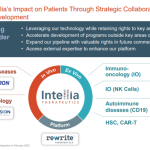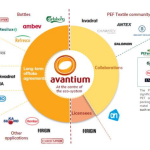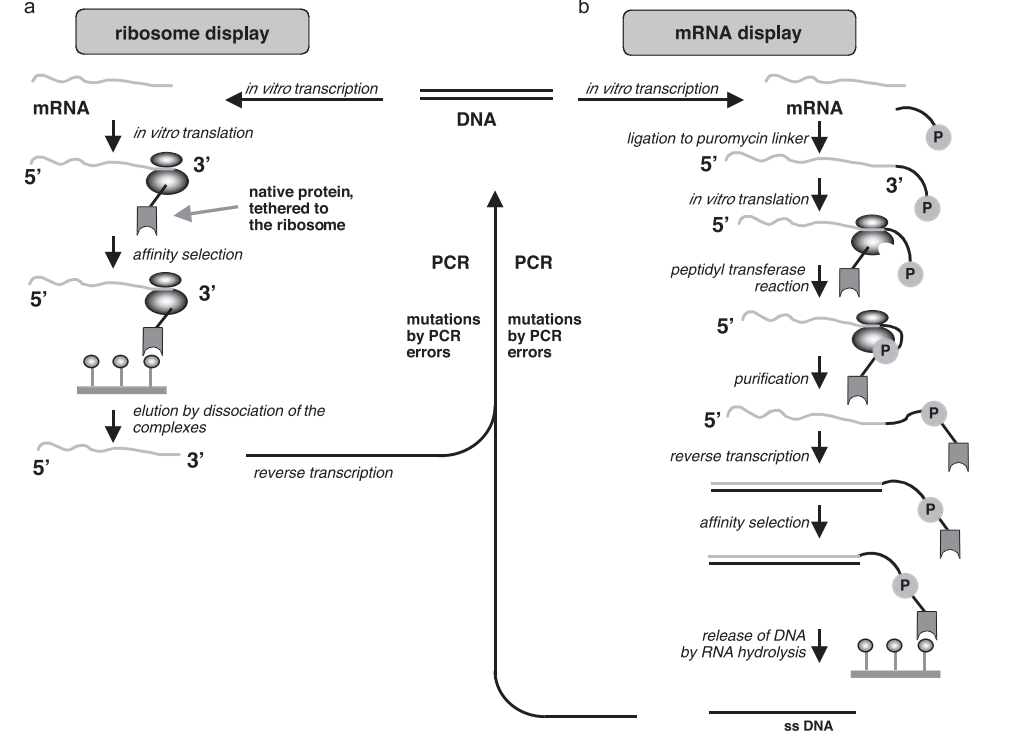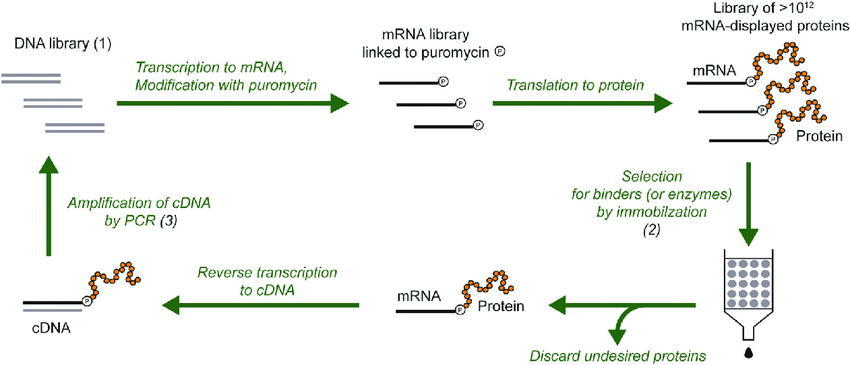Metabolic engineering is a powerful field that combines the principles of biology, chemistry, and engineering to optimize genetic and regulatory processes within cells. This process aims to enhance the production of specific substances. E.coli, a model organism with well-characterized genetics, rapid growth, and versatility, plays a significant role in metabolic engineering. Let’s explore the impact of E.coli on various biotechnological applications and the services provided in this field.

Escherichia coli (E. coli) is a commonly used microorganism in metabolic engineering due to its several advantageous characteristics. This bacterium serves as a workhorse in biotechnology for the production of various biopharmaceuticals and industrial enzymes. Below are the primary reasons why E. coli is widely utilized in this field. E. coli’s well-characterized genetics, rapid growth, high transformation efficiency, availability of molecular tools, cost-effective culture conditions, scalability, versatility, and low contamination risk make it an excellent choice for metabolic engineering. These characteristics enable the efficient and economical production of a wide range of valuable biopharmaceuticals and industrial enzymes, solidifying E. coli’s status as a cornerstone in biotechnology.
| Strain | Advantages | Disadvantages | Applications |
|---|---|---|---|
| Saccharomyces cerevisiae | GRAS status, post-translational modifications, ethanol tolerance | Limited protein secretion, ethanol as a metabolic burden | Insulin, hepatitis B vaccine, invertase, glucoamylase |
| Pichia pastoris | High protein expression, strong inducible promoter, complex modifications | Methanol handling, lower transformation efficiency | Recombinant proteins, lipases, phytases |
| Escherichia coli | Fast growth, well-characterized, high transformation efficiency | Limited post-translational modifications, endotoxin production | Human growth hormone, interferons, cellulases, proteases |
| Bacillus subtilis | High secretion capacity, GRAS status, extracellular enzyme production | Protease activity, genetic instability | Amylases, proteases, pullulanases |
| Aspergillus niger | High enzyme secretion, growth on cheap substrates | Secondary metabolites production, complex gene regulation | Citric acid, glucoamylase, pectinases |
Understanding Metabolic Engineering
Metabolic engineering focuses on the modification of cellular processes to improve the production of target compounds. E.coli, due to its ease of genetic manipulation and fast reproduction rate, is extensively used in this field. By altering its metabolic pathways, E.coli can produce a wide range of substances, from biofuels to pharmaceuticals. The advantages of using E.coli in metabolic engineering include its well-understood genetics, rapid growth, and flexibility in producing diverse products.
| Advantages of Using E.coli | Description |
|---|---|
| Ease of Genetic Manipulation | Well-characterized genetics allow precise modifications. |
| Rapid Growth | Quick reproduction facilitates faster experimentation cycles. |
| Versatility | Capable of producing various substances. |
Applications in Biotechnology
Production of Biofuels
E.coli can be engineered to efficiently produce biofuels such as ethanol and butanol. By modifying its metabolic pathways, researchers can enhance the yield and efficiency of biofuel production, providing a renewable and sustainable energy source.

| Biofuel | E.coli Production | Benefits |
|---|---|---|
| Ethanol | High yield through pathway modification | Renewable energy source |
| Butanol | Enhanced production efficiency | Sustainable alternative to fossil fuels |
Pharmaceutical Applications
In the pharmaceutical industry, E.coli is utilized to produce essential compounds like insulin, antibiotics, and vaccines. Metabolic engineering enhances the yield and purity of these products, ensuring efficient and cost-effective production.
| Pharmaceutical Product | E.coli Role | Impact |
|---|---|---|
| Insulin | Production through genetic engineering | Improved yield and cost efficiency |
| Antibiotics | Synthesis via optimized pathways | High purity and reduced production costs |
| Vaccines | Engineered for mass production | Ensured high yield and quality |
Industrial Biotechnology Uses
E.coli is employed in industrial biotechnology to manufacture enzymes, bioplastics, and other industrial chemicals. Its adaptability makes it suitable for large-scale production processes, enhancing industrial efficiency and sustainability.
| Industrial Product | E.coli Application | Benefits |
|---|---|---|
| Enzymes | Large-scale production | High efficiency and scalability |
| Bioplastics | Sustainable production processes | Environmental benefits |
| Industrial Chemicals | Versatile production capabilities | Cost-effective and efficient processes |
Service Overview
Our E.coli metabolic engineering services encompass a wide range of offerings, from strain development to pathway optimization and scale-up production. Utilizing cutting-edge technologies like CRISPR/Cas9 for precise genetic editing, high-throughput screening for optimal strain identification, and bioreactor optimization for scalable production, we provide comprehensive solutions tailored to meet specific client needs.
| Service Aspect | Description |
|---|---|
| Strain Development | Custom development of E.coli strains for specific applications |
| Pathway Optimization | Enhancement of metabolic pathways for improved production efficiency |
| Scale-Up Production | Large-scale production capabilities to meet industrial demands |
| CRISPR/Cas9 Genetic Editing | Precise modifications for targeted outcomes |
| High-Throughput Screening | Rapid identification of optimal strains |
| Bioreactor Optimization | Efficient and scalable production processes |
By leveraging our expertise in E.coli metabolic engineering, we offer flexible solutions that cater to diverse biotechnological needs. Whether you require custom strain development, pathway engineering, or large-scale production, our services are designed to achieve your objectives efficiently and effectively.
| Customization Options | Details |
|---|---|
| Tailored Strain Development | Specific strains designed to meet unique project requirements |
| Pathway Engineering | Custom optimization of metabolic pathways |
| Production Scalability | Solutions for scaling up from laboratory to industrial-scale production |









